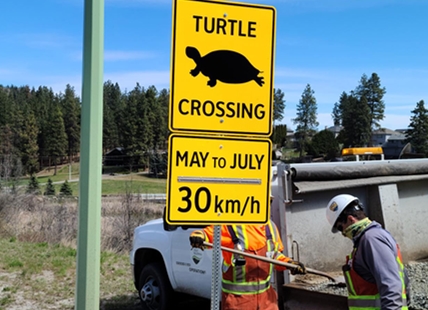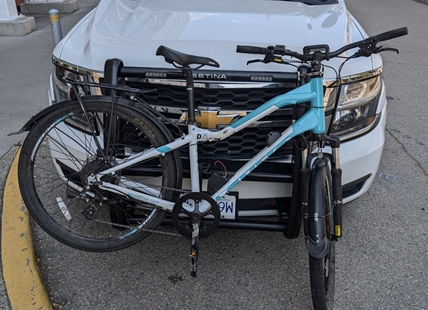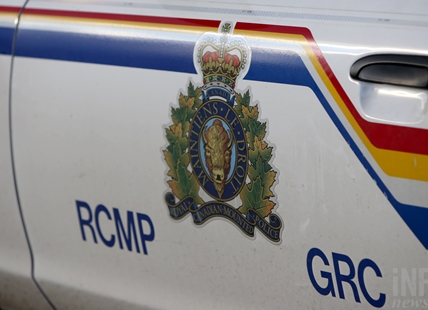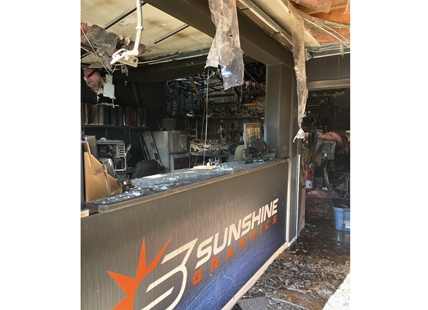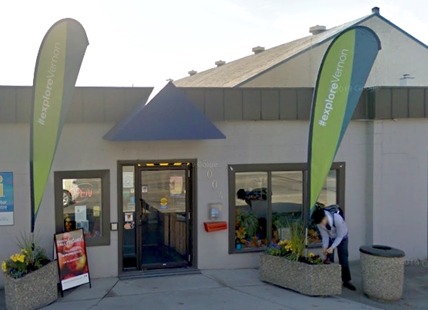Tolko could have 'done more' to prevent landslides in Lumby, Cherryville area: watchdog
The B.C. forestry watchdog has found Tolko Forest Industries could have "done more" in its evaluation of a logging site between Lumby and Cherryville, but stopped short of saying the company was responsible for several landslides that took place after the site had been logged. In...
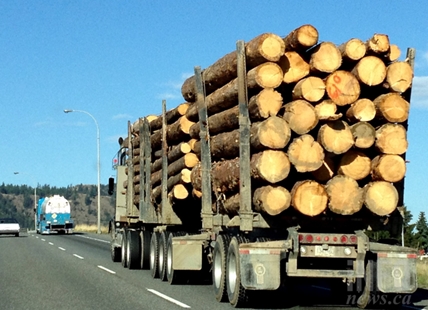
The B.C. forestry watchdog has found Tolko Forest Industries could have "done more" in its evaluation of a logging site between Lumby and Cherryville, but stopped short of saying the company was responsible for several landslides that took place after the site had been logged.
In a Jan. 7 media release, the Forest Practices Board said Tolko met all legal requirements but could have gone further to assess the potential impacts of its logging.
The issue stems from logging Tolko did in an area between Lumby and Cherryville in 2015. The company also logged a second cutblock in the area following a wildfire in 2018.
In May 2020, four landslides occurred below the harvested areas, which affected McPherson Creek, which supplies drinking water to nearby residents.
The Silver Hills Watershed Watch complained that Tolko's logging in the area had caused increased water flows and contributed to four landslides as well as introducing sediment into streams that supply drinking water.
"The investigation found that Tolko's activities met all legal requirements," Forest Practices Board chair Kevin Kriese said in the release. "Tolko completed terrain stability assessments for its harvest blocks. However, it did not complete a watershed assessment, which we believe would have provided a better picture of the risks created by harvesting and might have led to different practices."
While the Forest Practices Board also makes recommendations for improvement to practices and legislation there's no mention in the media release that it's pushing for watershed assessments to become mandatory.
According to the Forest Practices Board, watershed assessments are not legally required, but are "good practice" when logging near drinking water supplies.
The Forest Practices Board found that it was not possible to determine by how much the logging was a factor in the landslides as there were numerous elements that contributed to the landslides.
The Board said it was possible the slides may have occurred anyway as the natural geology of the area made it prone to landslides.
High precipitation and snowpack levels, and wildfire impacts to natural vegetation and soils all affect the area's susceptibility to landslides.
The Forest Practices Board is B.C.'s independent watchdog which investigates public complaints about forest and range practices on public lands and the appropriateness of government enforcement.
To contact a reporter for this story, email Ben Bulmer or call (250) 309-5230 or email the editor. You can also submit photos, videos or news tips to the newsroom and be entered to win a monthly prize draw.
We welcome your comments and opinions on our stories but play nice. We won't censor or delete comments unless they contain off-topic statements or links, unnecessary vulgarity, false facts, spam or obviously fake profiles. If you have any concerns about what you see in comments, email the editor in the link above.

 Valandos
Valandos 







